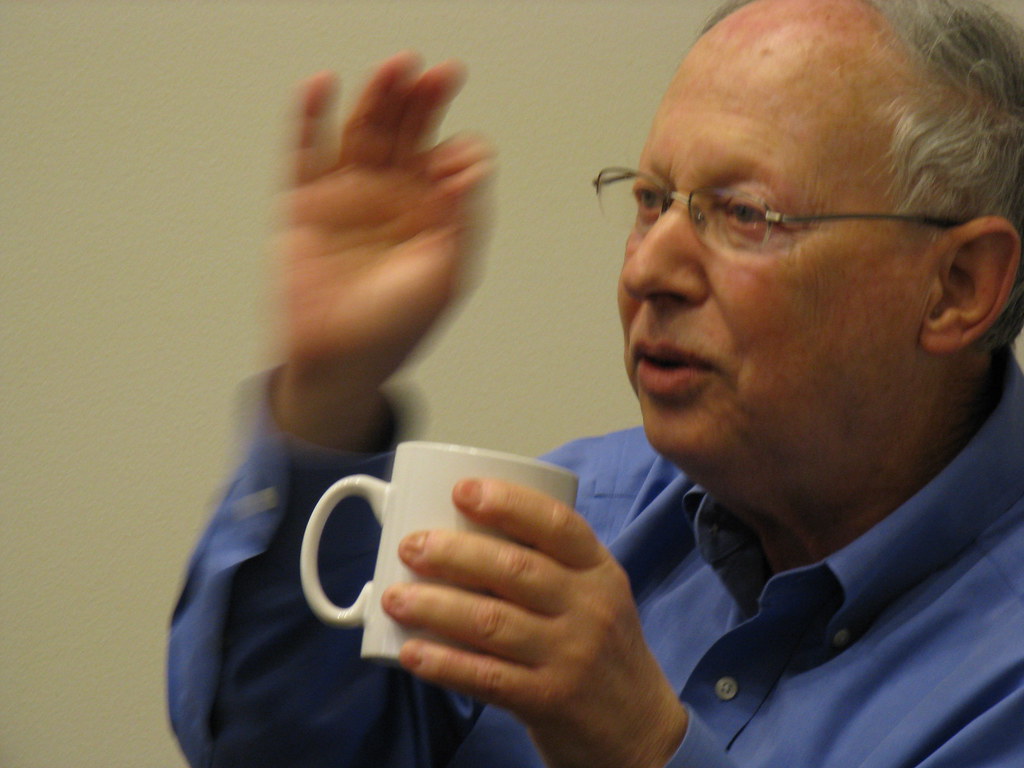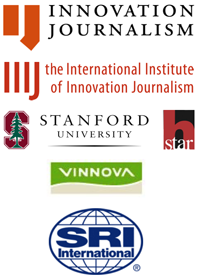
Have courage and a willingness to take risks, but don't over-analyze: that is what the former driving force Applied Materials chief, Dan Maydan, sees as the foundation for a successful innovator. According to Maydan, one should not go too deep into technology, otherwise you will end up dismissing every idea with the argument that it has been done before.
This may seem surprising, considering that remarkable inventions have been a part of his daily life even before he moved to Silicon Valley from Israel in 1967. Dr. Maydan also has a place in Silicon Valley's Engineering Hall of Fame. But he is no purist. He believes that innovation has a commercial component, and in that sense many of the great scientists, not even Einstein, can not be labeled as innovation. To succeed, an innovation must be commercially successful.
Dr. Dan Maydan studied engineering at the Israel Institute of Technology and holds a Ph.D. in Physics from Edinburgh University of Scotland.
Dr. Maydan's most important work was done at the Bell Labs and later at Applied Materials, where he had a pivotal role in developing specialized equipment for the semiconductor industry. These include manufacturing systems for the world's most advanced integrated circuits. At the Smithsonian Institution in Washington D.C. one can admire the Precision 5000, Applied Materials' groundbreaking tool developed under the leadership of Dr. Maydan. Today the tool is considered to be one of the technologies that is a part of chip history and thereby has helped shape society in many ways.
Dr. Maydan was a member of the board of Applied Materials between 1992 and 2003, and the president from 1994 and onwards. He says he is an admirer of, among other companies, Apple, Google and Johnson & Johnson.
When looking at the chip industry, he says that the days of great invention are past us and are mainly about reducing power consumption.
“Semiconductors are no longer a world of technology, but a world of manufacturing," says Dr. Maydan. "The development is very slow, the semiconductor is mature now.”
Instead, he seems more excited about the biotech industry, and how the human brain will be put into more work, tuned into a different logic.
Thursday, March 6, 2008
How To Succeed With Innovation
Subscribe to:
Post Comments (Atom)


No comments:
Post a Comment